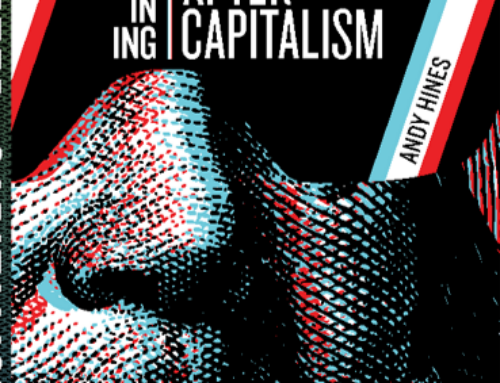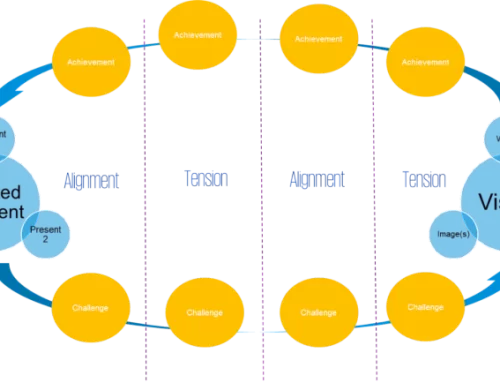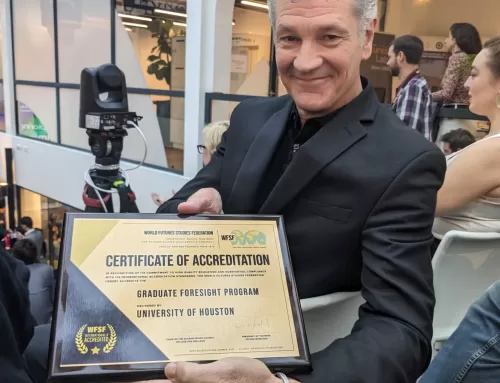In case you haven’t noticed, the African diaspora has been having something of a moment. Paul Tiyambe Zeleza, in his 2011 essay “Pan-Africanism in the Age of Obama: Challenges and Prospects,” cites the 2008 US election as the end of a Pan-African winter and the dawn of a new diasporic consciousness. The subsequent decade saw mass movements launched by a politically and technologically activated cohort of diasporic youth who refused to let the flaws of our leaders, the boot of state violence, or the degradations of neoliberal capital kill the dream of full social and economic sovereignty.
They have advanced radical images of black thriving, self-care, and afrofuturism. Across this time period, black creators have been harnessing this energy to break down barriers everywhere, and most visibly in the media. In television, fashion, art, and publishing, black talent and decision makers have been making room for powerful, fully realized representations of black life with a “For us, by us” ethos that people have been starving for. It’s not hyperbolic to suggest that we are in the midst of a renaissance.
Zeleza’s assertion that “Obama’s trajectory will serve as the pivot around which new diaspora identities and politics will coalesce and evolve” seems to have been borne out. I’d like to venture here that the 2018 Marvel film Black Panther represents an inflection point in Pan-African energy, similar in import to that of the Obama election, but qualitatively different in impact. Rather than a symbolic (and yes, cathartic) racial substitution at the head of the world’s largest neocolonial power, Black Panther stands as a flex of the diaspora’s own social, cultural, and intellectual power. Further, the film managed to synthesize a compelling aesthetic technological fantasy of a holistic African future situated in the middle of the reality of the world today with a frank conversation about what we are and what, if anything, we owe to one another. Some may scoff at the idea of a film capturing that much moral and cultural freight, but it is everywhere: in the “Wakanda Forever” salutes shared between black strangers the world over, in the boldness and ferocity of the art people are making, and, above all, in the questions and hope shining back from eyes of the youngest among us.
Much has been made, and rightly so, of the opportunity that Africa holds in this moment. With some of the world’s fastest growing economies, mobile-first networking infrastructure, and, critically, the world’s largest under 25 (63%! in 2010) population. Think of the millions more in her diasporas. Make no mistake, people are still fighting for their lives out here. We as futurists ought not let Wakanda be the most thoroughly imagined preferred future they see. It is, after all, a fantasy. If I am wrong and you’re reading this, Wakandans, consider this my application for dual—strike that—treble citizenship. I quite fancy the idea of a vibranium passport to go with the Nigerian and American ones.
Seriously, we should be doing more to disseminate the tools of foresight into the hands of the people and as far as possible to enable endogenous futures generation at the community level. This strikes me as one of the best ways to maximize our impact in the world.
These things usually end with a call to action, right? I’m afraid mine isn’t very organized, yet. I am in the early stages of collecting a Black Futures Syllabus and conducting a survey of people and institutions working in African futures. I don’t know what I’m doing, so if you’re interested or useful or just want to continue the conversation, get at me.
Put off by the afrocentrism? First, check your privilege. Then look to your own communities, or get involved with Dr. Bishop’s Teach the Future initiative.
X





